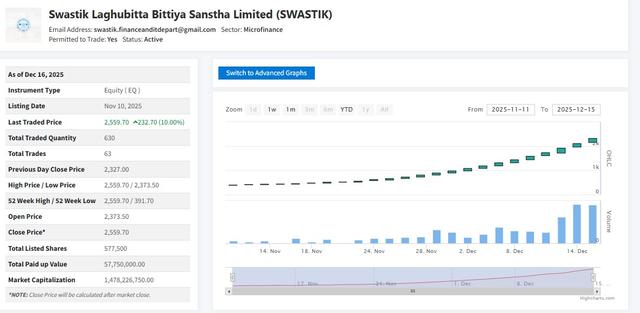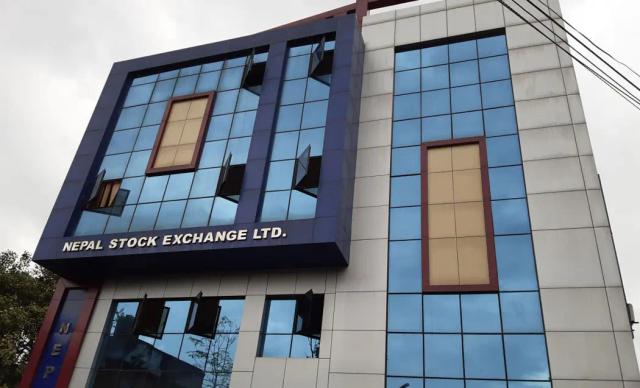Highlights of Nepal Budget 2081/82
Author
NEPSE trading

The Nepal government's budget for fiscal year 2081/82 has outlined significant financial allocations and reform plans across various sectors.
Major Budget Allocations
1. Total Budget: NPR 18.60 trillion
- Current Expenditure: NPR 11.40 trillion (61.31%)
- Capital Expenditure: NPR 3.52 trillion (18.94%)
- Financial Management: NPR 3.67 trillion (19.74%)
Revenue Sources
1. Revenue: NPR 12.60 trillion
2. Foreign Grants: NPR 52.33 billion
3. Foreign Loans: NPR 2.17 trillion
4. Internal Loans: NPR 3.30 trillion
Major Objectives
1. Increase Production, Productivity, and Employment:
- Enhance production and productivity while creating employment opportunities.
2. Promote Private Sector:
- Boost private sector confidence and implement investment promotion plans.
3. Human Resource Development:
- Focus on the development of human resources and encourage high-level empowerment.
4. Balanced Utilization of Resources and Means:
- Ensure balanced and equitable utilization of resources and means to reduce economic inequality and poverty.
5. Effective Public Service Delivery:
- Improve public service delivery to enhance the living standards of citizens.
Priorities
1. Economic Reform and Private Sector Promotion:
- Accelerate economic reforms and support the private sector with specific plans.
2. Agriculture, Energy, Information Technology, Tourism, and Industrial Development:
- Give special priority to these sectors for comprehensive development.
3. Development of Education and Health Sectors:
- Allocate budget for the development of education and health sectors to improve the living standards of the general public.
4. Inclusivity and Social Security:
- Implement inclusivity and social security programs to benefit all citizens.
5. Promotion of Good Governance:
- Improve public services to promote good governance.
Strategies
1. Structural Reforms:
- Form a high-level economic reform advisory task force for structural economic reforms.
2. Improvement of Business Environment:
- Formulate policies, 'Country Rating', and double taxation agreements.
3. Public Finance System Reforms:
- Implement specific plans to reform the public finance system.
4. Financial Sector Reforms:
- Implement various measures to strengthen the financial sector.
5. Public Administration Reforms:
- Improve public administration to make service delivery more effective.
### Specific Initiatives and Allocations
Transformation of the Agricultural Sector:
- Modernization of Agriculture: Invest in modern agriculture to increase production and productivity.
- Declaration of Special Areas: Identify and develop special areas based on geography and ecological conditions.
- Support for Commercial Farming: Provide grants and technical assistance for commercial farming ventures.
- Investment in High-Value Crops: Promote the production of high-value crops like fruits, herbs, and organic products.
Development of the Energy Sector:
- Hydropower Projects: Advance the construction of major hydropower projects.
- Expansion of Electricity Access: Ensure 98% of the population has access to electricity.
- Promotion of Renewable Energy: Encourage investment in solar, wind, and other renewable energy sources.
Development of the Information Technology Sector:
- IT Export Target: Aim for NPR 30 trillion in IT exports over the next decade.
- Employment Generation: Create 500,000 direct and 1,000,000 indirect jobs in the IT sector.
- Establishment of IT Parks and Innovation Centers: Set up IT parks and innovation hubs in Kathmandu and Butwal.
Promotion of Tourism:
- New Destinations: Identify and develop new tourist destinations.
- Infrastructure Development: Invest in tourism infrastructure to enhance visitor experiences.
- Cultural and Religious Tourism: Promote cultural and religious tourism by developing sites like Janakpur and Lumbini.
Industrial and Entrepreneurial Development:
- Encouraging Domestic Production: Promote 'Make in Nepal' and 'Made in Nepal' initiatives.
- Support for SMEs: Provide financial and technical support to small and medium enterprises.
- Development of Industrial Zones: Develop industrial zones to support manufacturing and other industrial activities.
Summary of Major Budget Allocations

This summary encapsulates the main points of the Nepal government’s budget for fiscal year 2081/82, highlighting significant financial allocations and reform plans across various sectors.



